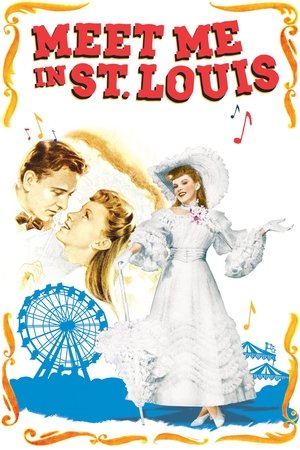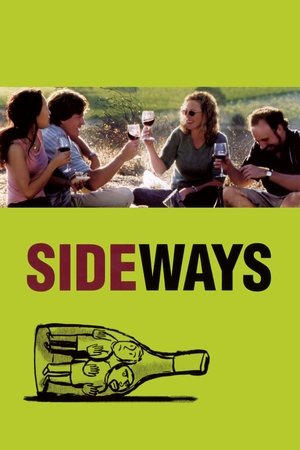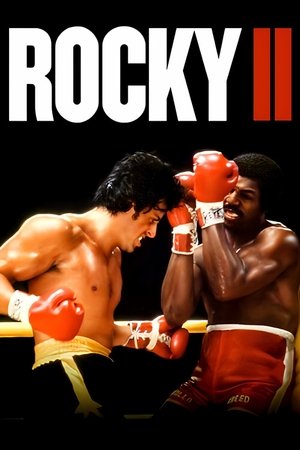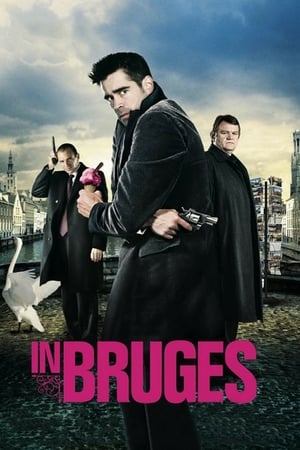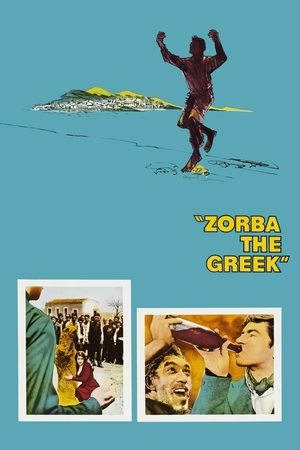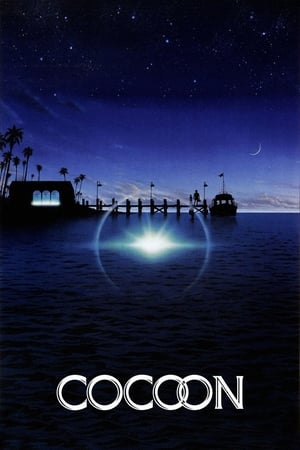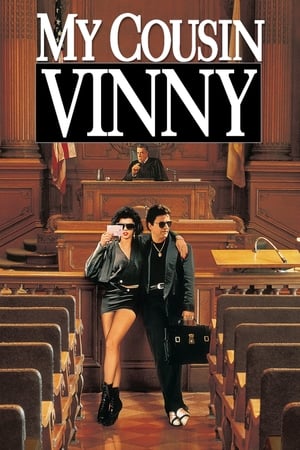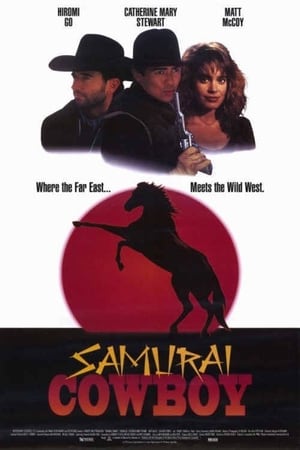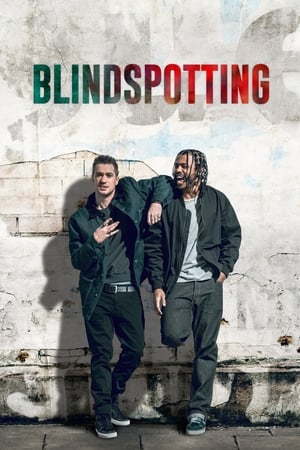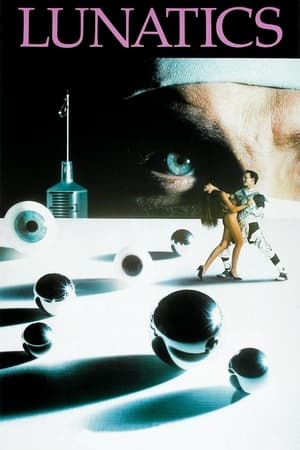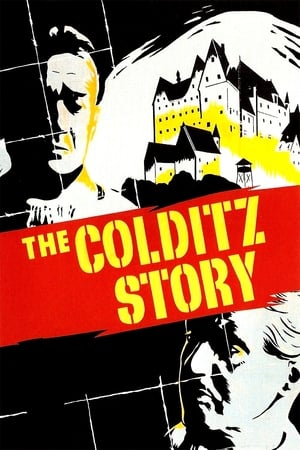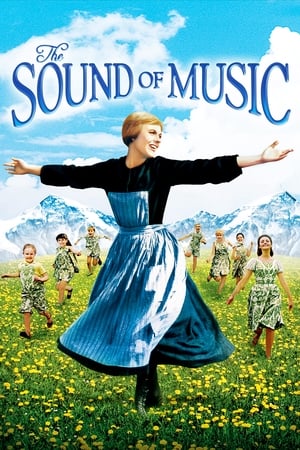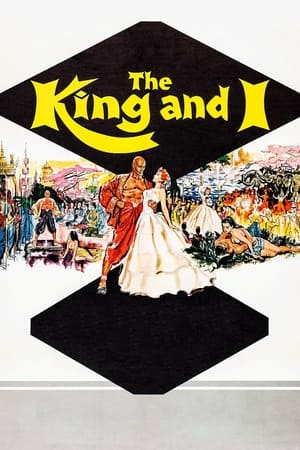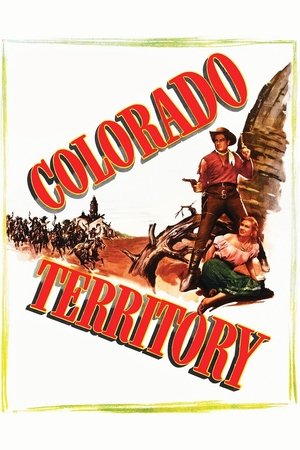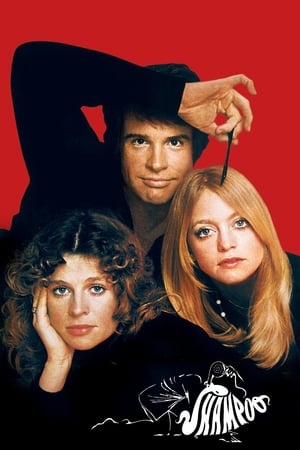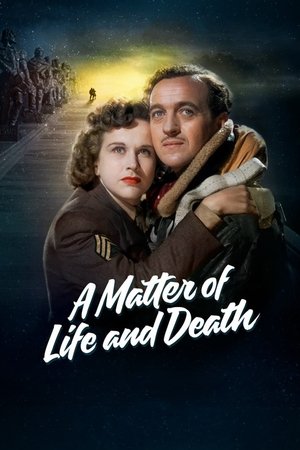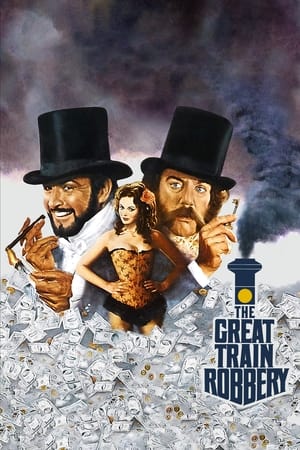Overview
When vigilante land baron David Braxton hangs one of the best friends of cattle rustler Tom Logan, Logan's gang decides to get even by purchasing a small farm next to Braxton's ranch. From there the rustlers begin stealing horses, using the farm as a front for their operation. Determined to stop the thefts at any cost, Braxton retains the services of eccentric sharpshooter Robert E. Lee Clayton, who begins ruthlessly taking down Logan's gang.
Reviews
_**Brando plays a fearless sharp-shooting NUT**_
A rich, big-time rancher (John McLiam) in late 1800's Montana hires an eccentric sharp-shooting assassin (Marlon Brando) to take care of a gang of rustlers, led by Jack Nicholson, who are severely diminishing his profits.
Arthur Penn's "The Missouri Breaks," starring Brando and Nicholson, was a flop when it was released in 1976. Leonard Maltin rates it a "BOMB" in his movie guide. The question is: Is it the reputed flop, unworthy of your time, or not?
Let's start by exploring if there's any character for which to root. John McLiam is very unlikable as the rich rancher, Braxton. His "family" is completely dysfunctional: His wife ran out on him years before and the film hints at the reason why; his daughter, played by Kathleen Lloyd, is so mentally warped and starved-for-love that she jumps in bed with the head outlaw that's stealing from her father the first chance she gets. Jack Nicholson as Tom Logan is certainly likable in a down-to-earth type of way, but the fact is that he and his gang are thieving scum. It makes no difference that Braxton is unlikable. He certainly doesn't deserve to be ripped off as he toiled hard to build his ranch over many years.
This leaves us with Brando's character, Lee Clayton, the Irish sharp-shooting assassin, who's a serious nutjob. This is an intriguing character, to say the least. He's utterly fearless, eccentric and intimidating.
Despite Clayton's weirdness, I was definitely rooting for him in the story. I wanted him to annihilate the criminal scumbags. Hey, they CHOSE to make their living outside the law and so they must reap the wages of their actions. Living on the Western frontier was hard enough without having to contend with outlaws who want something for nothing.
One of the rustlers gets a break in the story; let's just assume he learned a lesson from his bad experiences and goes on to live a more honest, productive life.
One great scene is when Clayton visits Logan's farm, which is actually a relay station. He makes it known that he KNOWS Logan is one of the rustlers and not-so-subtly warns him in a decidedly intimidating way.
There's an odd bubble bath scene where Brando's character, Clayton, is threatened with a gun. His initial reaction is typically fearless and bizarre, yet then strangely turns his head and body as if to submit to it. This made no sense to me at first. It later dawned on me, however, that, despite his merry/crazy antics, great skills and evident genius, Clayton is a lonely, miserable outcast, a societal misfit. I think he was WELCOMING the man to put him out of his misery.
"The Missouri Breaks" features numerous such intriguing contradictions and points to ponder. For instance, there's a scene showing an innocent colt stuck & dying in a world of man-made horror, yet it's ultimately rescued because of the compassion of a man, a criminal no less.
One perplexing question is: Why does Clayton insist upon finishing his job (assassinating each member of the outlaw gang) even after Braxton states that he's not going to pay him anything? Clayton points out that he doesn't care about money. What then are his motivations? The simple thrill of killing? Or does he believe he's a some sort of righteous agent carrying out universal justice?
The picture has a modern vibe and has therefore aged well, indicating that it was a good 15 years ahead of its time (by contrast, many Westerns, like "The Searchers" and "The Man Who Shot Liberty Valance," are very dated). But I should emphasize it's not an action film and doesn't have that quick-editing style of many modern pictures. "The Missouri Breaks" is similar in style and pace to Clint Eastwood's hailed "Unforgiven" (1992).
The locations are fabulous, by the way; the film was shot in the Billings/Red Lodge region of awe-inspiring Montana.
Marlon Brando starred in three other Westerns in his notable career: The 1952 Mexican Revolution Western "Viva Zapata!," the 1961 masterpiece "One-Eyed Jacks," which was the prototype to Sergio Leone's spaghetti Westerns (albeit far more compelling storywise) and the less impressive "The Appaloosa" from 1966.
CLOSING WORD: "The Missouri Breaks" is a well-made Western with top-of-the-line directing, cinematography, actors, locations, costuming, sets, realism and, perhaps most of all, it leaves the viewer pondering the experience afterward. The inclusion of acting giants Brando and Nicholson propel the picture to greatness.
The film has great re-watchable merit; every time I see it I'm captivated and get more out of it. This is a sign of a great (or, at least, deep) film. The polarized reviews also show that it's a love it or hate it piece.
As for the ending, it ends the only way I guess it could with one man redeemed and another finally released from his prison or getting his comeuppance, whichever you prefer.
The film runs 2 hours, 6 minutes.
GRADE: A-

 126 min
126 min
 6.5
6.5
 1976
1976
 USA
USA
 Wuchak wrote:
Wuchak wrote: